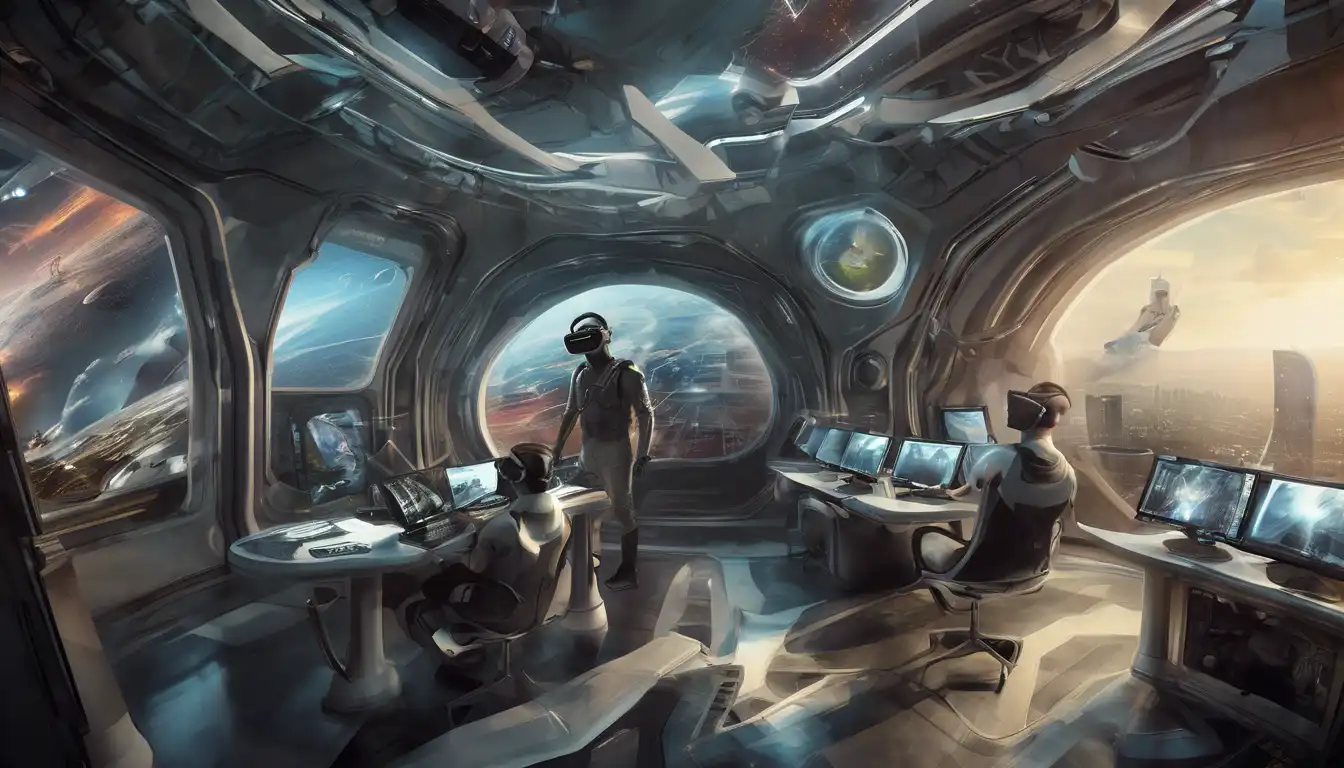Introduction to Virtual Reality
Virtual Reality (VR) is rapidly becoming one of the most exciting areas in technology today. With its ability to immerse users in a completely digital environment, VR is setting the stage for a revolution in how we interact with digital content. From gaming and entertainment to education and healthcare, the potential applications of VR are vast and varied.
The Evolution of Virtual Reality
The concept of VR is not new. It has been around for decades, but recent advancements in technology have made it more accessible and realistic than ever before. Today's VR headsets, such as the Oculus Rift and HTC Vive, offer high-resolution displays and precise motion tracking, creating a truly immersive experience.
Applications of Virtual Reality
VR is not just for gamers. It's being used in a variety of fields to provide innovative solutions to complex problems. Here are some of the most exciting applications of VR today:
- Education: VR can transport students to historical sites or simulate scientific phenomena, making learning more interactive and engaging.
- Healthcare: From surgical training to therapy for PTSD, VR is helping medical professionals save lives and improve patient care.
- Real Estate: Virtual tours allow potential buyers to explore properties from the comfort of their own homes.
- Entertainment: Beyond gaming, VR is being used to create immersive movies and concerts.
The Future of Virtual Reality
As technology continues to advance, the possibilities for VR are endless. With the development of more sophisticated hardware and software, VR is expected to become even more immersive and interactive. The integration of artificial intelligence and haptic feedback could further enhance the VR experience, making it indistinguishable from reality.
Challenges and Considerations
Despite its potential, VR faces several challenges. High costs, technical limitations, and concerns about privacy and security are some of the issues that need to be addressed. However, as these challenges are overcome, VR is poised to become a mainstream technology.
Conclusion
Virtual Reality represents the next frontier in tech, offering unprecedented opportunities for innovation and transformation. As we continue to explore the possibilities of VR, it's clear that this technology will play a significant role in shaping the future of digital interaction. Whether for education, healthcare, or entertainment, VR is changing the way we experience the world around us.
For more insights into the latest technological trends, check out our articles on Tech Innovations and Digital Transformation.
